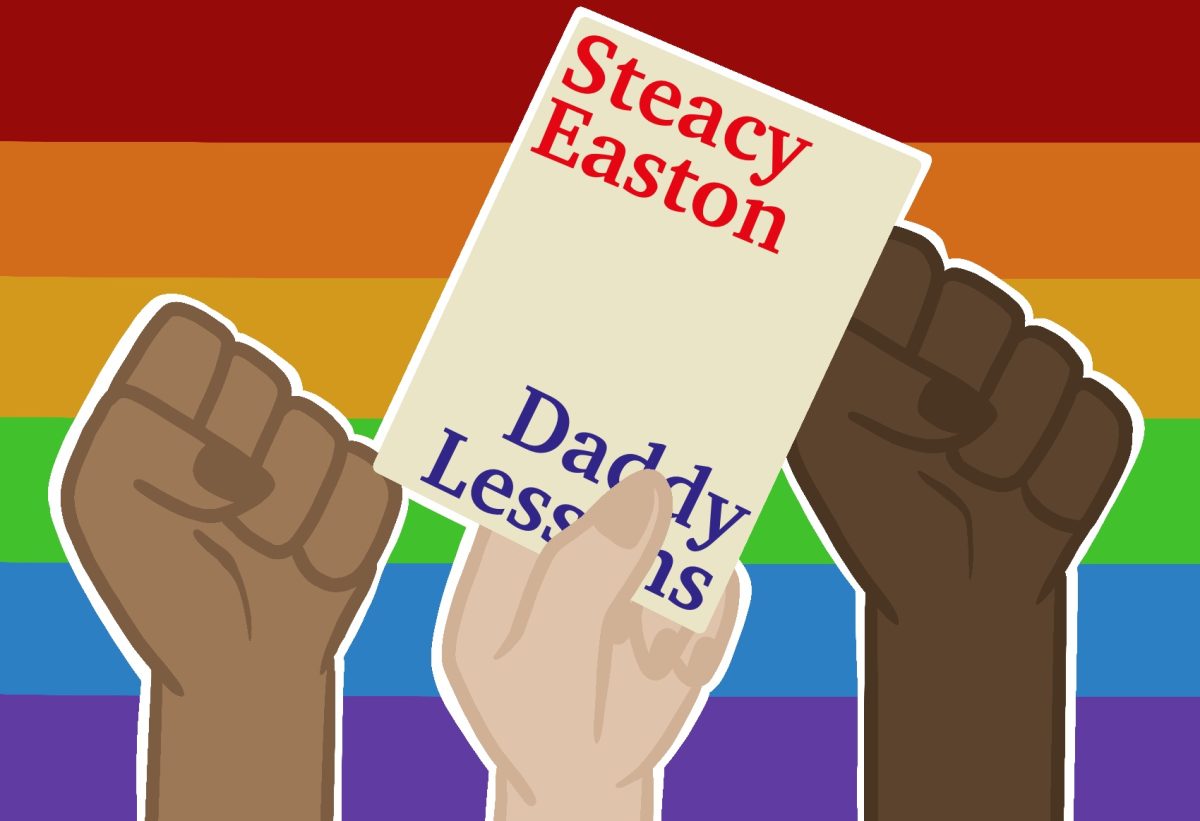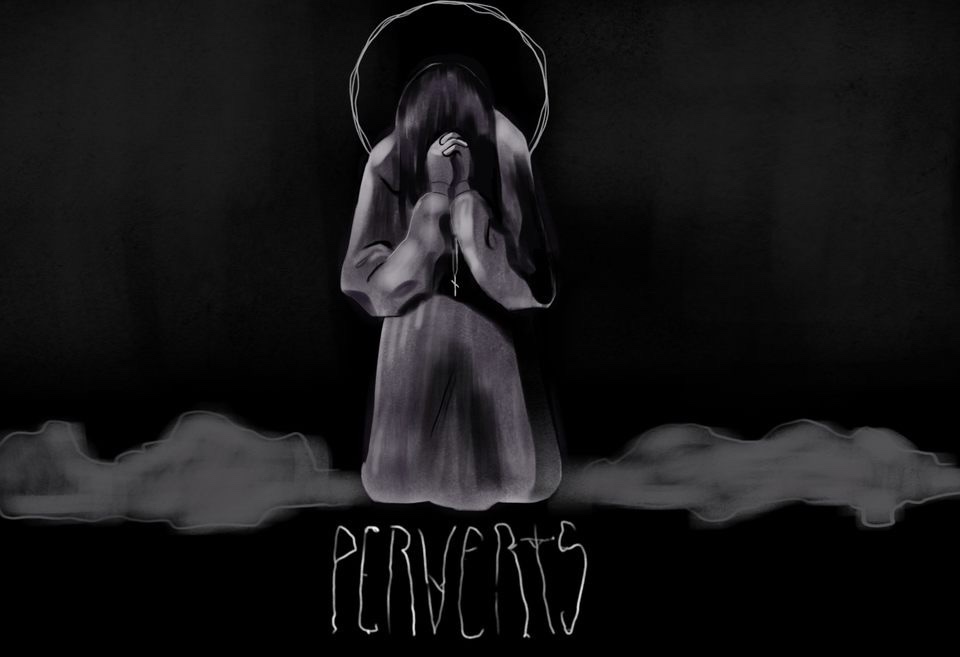 One Compton rapper has successfully fused jazz sounds and hip-hop instrumentals with iconic Christian imagery and ideology.
One Compton rapper has successfully fused jazz sounds and hip-hop instrumentals with iconic Christian imagery and ideology.
Kendrick Lamar’s latest album, “untitled unmastered.” is the culmination of eight unreleased tracks that Lamar has made over the past three years while recording “To Pimp a Butterfly.”
The new album has the same jazz-heavy influences and moral theme as his last album.
“untitled unmastered.” is more of a jam session than a studio album. Jazzy horns, saxophones and drums guide the young Piru gang member as he lyrically crip walks throughout the album.
Lamar uses the same self-righteous narrative voice on this album as he did in “To Pimp a Butterfly.”
The 2015 album ended with a message to his community: “respect” is the solution to black-on-black violence.
The message was idealistic and emerges from a deep Christian influence that Lamar doesn’t shy away from in his music.
If “To Pimp a Butterfly” was meant to send the same message as the Bible, then the track “untitled 1” is the Book of Revelation stuck right in the beginning as a warning to sinners.
An ominous deep voice opens the album and shifts to a sporadicly rapping Lamar outlining a biblical apocalypse that heats the earth and brings buildings to ruin as a result of man’s sin.
“I made ‘To Pimp a Butterfly’ ‘fore you told me to use my vocals to save mankind for you, say I didn’t try for you, say I didn’t ride for you,” Lamar raps in an “I told you so” manner.
“untitled 2” still holds a tone of moral superiority, yet brings the listener back to the theme of a good kid stuck in a mad city.
Lamar berates the “jigaboos” with “styrofoam cups,” but still can’t escape the fact that he was born “in the belly of the beast” himself.
This track presents us again with a conflicted Lamar trying to find a positive outlet for his newfound fame, but still has that human lust for decadence.
It is clear that while Lamar tries to be morally superior, he is still filled with sin.
The idea that all mankind is born with sin is perpetuated by the Christian story of Adam and Eve.
Morals aside, Lamar’s tempo and tone change dramatically throughout the song, giving it that feeling of a true jazz session.
The chatter between “untitled 2” and “untitled 3” furthers the jazz sound of Lamar’s album and connects the two seamlessly, even though the tracks were recorded a year apart.
The album doesn’t list any features, but Jay Rock and Anna Wise’s presence is clear on “untitled 5” and CeeLo Green is featured on “untitled 6.”
To fully understand Lamar’s message, one has to get past the annoying nasal tones that start “untitled 6” and see the connection between it and “Mortal Man,” the last track of his previous album.
Lamar shows us he understands the conflicting nature of his speech, his desire to ball out while still delivering a positive message, and says it is because he is a mortal man: a human that is naturally born with sin.
Lamar’s relationship with his past environment is essential to his identity as a musician.
He wishes to change it, but it is still a part of him and without it he wouldn’t be the same rapper that he is today.













